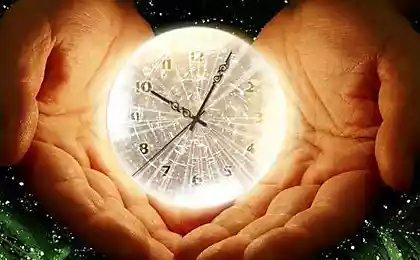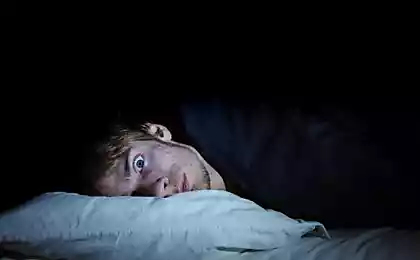396
The myth about the benefits of eight hours of sleep
Health experts and just folk wisdom say that we should sleep seven to eight hours a day. However, the assumption that eight hours of sleep is the ideal may be a myth.

Numerous studies have been published regarding the risk of lack of sleep for our brain and overall health and longevity one the scientists discovered that sleep allows the brain to cleanse itself of the toxins. Nevertheless, the persistent view that eight hours of uninterrupted night rest is essential, not only creates stress for people who are not able to achieve this goal, but also ignores historical precedent. We are familiar with stories of titans such as Leonardo da Vinci, Thomas Edison, Nikola Tesla, and Margaret Thatcher, who slept only four hours every night, but little attention is paid to this sleep cycle today. Alternative patterns of sleep associated with the evolution and history.
See also: anti-anxiety drugs and sleeping pills linked to risk of death

Critics monophasic sleep also argue that cosmicboy sleep simply do not account for individual differences. Previously it was thought that only three percent of the population may survive if will sleep a few hours a day, without side effects. The lack of eight hours of sleep people call insomnia. Electric light at night now destroying our circadian clock. The body reacts to bright light the same as sunlight: its excess can stop the release of melatonin, the hormone that regulates sleep. In other words, if you Wake up in the middle of the night, don't worry about it. If you do not fight, fall asleep again in an hour. Instead, many people who Wake up in the middle of the night today, will automatically become concerned that I couldn't sleep or reach for the sleeping pills. Our modern society with its numerous stimuli, and the environment full of light, has partially created this hysteria about the dream, and combined with the myth that 8-hour block of uninterrupted sleep is important, doing a disservice to us all.
Source: /users/1077

Numerous studies have been published regarding the risk of lack of sleep for our brain and overall health and longevity one the scientists discovered that sleep allows the brain to cleanse itself of the toxins. Nevertheless, the persistent view that eight hours of uninterrupted night rest is essential, not only creates stress for people who are not able to achieve this goal, but also ignores historical precedent. We are familiar with stories of titans such as Leonardo da Vinci, Thomas Edison, Nikola Tesla, and Margaret Thatcher, who slept only four hours every night, but little attention is paid to this sleep cycle today. Alternative patterns of sleep associated with the evolution and history.
See also: anti-anxiety drugs and sleeping pills linked to risk of death

Critics monophasic sleep also argue that cosmicboy sleep simply do not account for individual differences. Previously it was thought that only three percent of the population may survive if will sleep a few hours a day, without side effects. The lack of eight hours of sleep people call insomnia. Electric light at night now destroying our circadian clock. The body reacts to bright light the same as sunlight: its excess can stop the release of melatonin, the hormone that regulates sleep. In other words, if you Wake up in the middle of the night, don't worry about it. If you do not fight, fall asleep again in an hour. Instead, many people who Wake up in the middle of the night today, will automatically become concerned that I couldn't sleep or reach for the sleeping pills. Our modern society with its numerous stimuli, and the environment full of light, has partially created this hysteria about the dream, and combined with the myth that 8-hour block of uninterrupted sleep is important, doing a disservice to us all.
Source: /users/1077
























